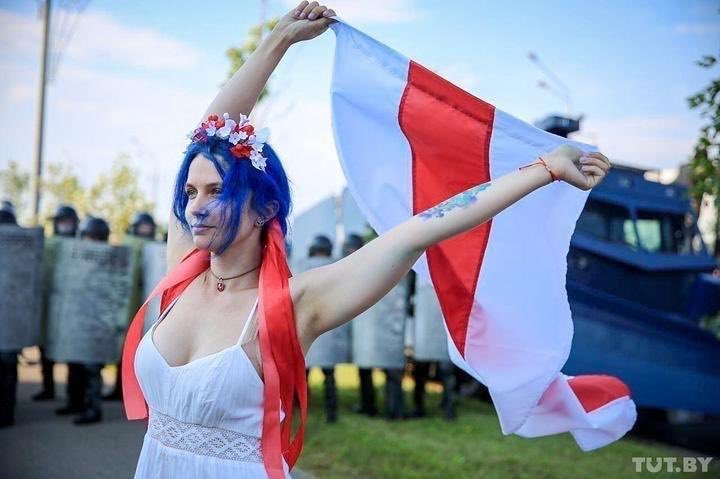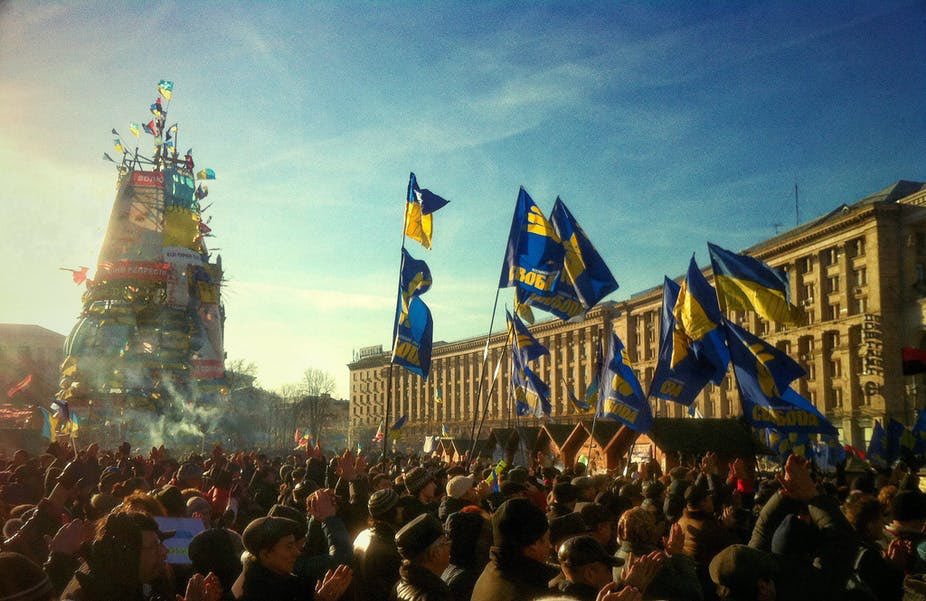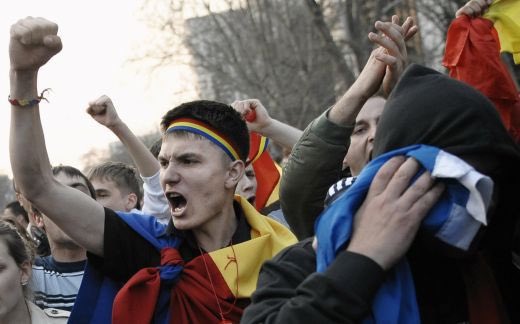The concept of "revolution" is missing from the vocabulary of political and civic forces, involved in post-election protests in #Belarus. Abstaining from the term "revolution" denotes the caution of protecting the peaceful essence of the Belarusian protests. (THREAD /10)
1. There is an intention to differentiate the Belarusian situation from other political transformations in the Eastern Partnership, in particular, those related to the Ukrainian “Euromaidan”.
2. The Belarusian protesters want to chart their own path, which will ensure not only the democratization of the country but also the preservation of sovereignty and territorial integrity.
3. They are aware of the risk of Russian offensives under a geopolitical pretext, which may inevitably occur, with the indispensable negative implications, if the Belarusian protests are branded as a "velvet revolution".
4.The Belarusian protesters avoid any identification of their manifestations with a "velvet revolution". Nevertheless, the situation on the ground proves the opposite.
5.After the colored revolutions in Georgia and Ukraine 2003-2004, starting with 2009, various uprisings in Moldova (2009), Ukraine (2013-2014) and Armenia (2018) brought back into discussion the issue of democratic revolutions.
6.Still, the degree of differentiation is higher than the commonality between the anti-Lukashenko protests and the democratic uprisings in the other three Eastern European countries.
7.The Armenian and Belarusian cases have one thing in common - the peaceful way in which the protests take place. Electoral causality is absent from the initial context of the "velvet revolution" in Armenia, but, in any case, the issue of succession persists.
8.Similar to Ukraine, Belarus is ruled by a presidential regime led by Alexander Lukashenko. But the latter has become a public enemy not because of the accusations of political corruption, but of blatant election fraud and the use of violence en mass against peaceful protests.
9.Some similarities can be seen between the current situation in Belarus and Moldova in 2009. The protests broke out in an electoral context, which in Moldova favored the victory of the Communist Party. The Belarusian opposition has accumulated evidence of falsification too.
10.A more detailed analysis of the differences and similarities between the democratic revolution in #Belarus and similar events in the EaP countries you can explore in my latest article. END https://twitter.com/dioniscenusa/status/1298141203955884033?s=21">https://twitter.com/dioniscen...

 Read on Twitter
Read on Twitter







